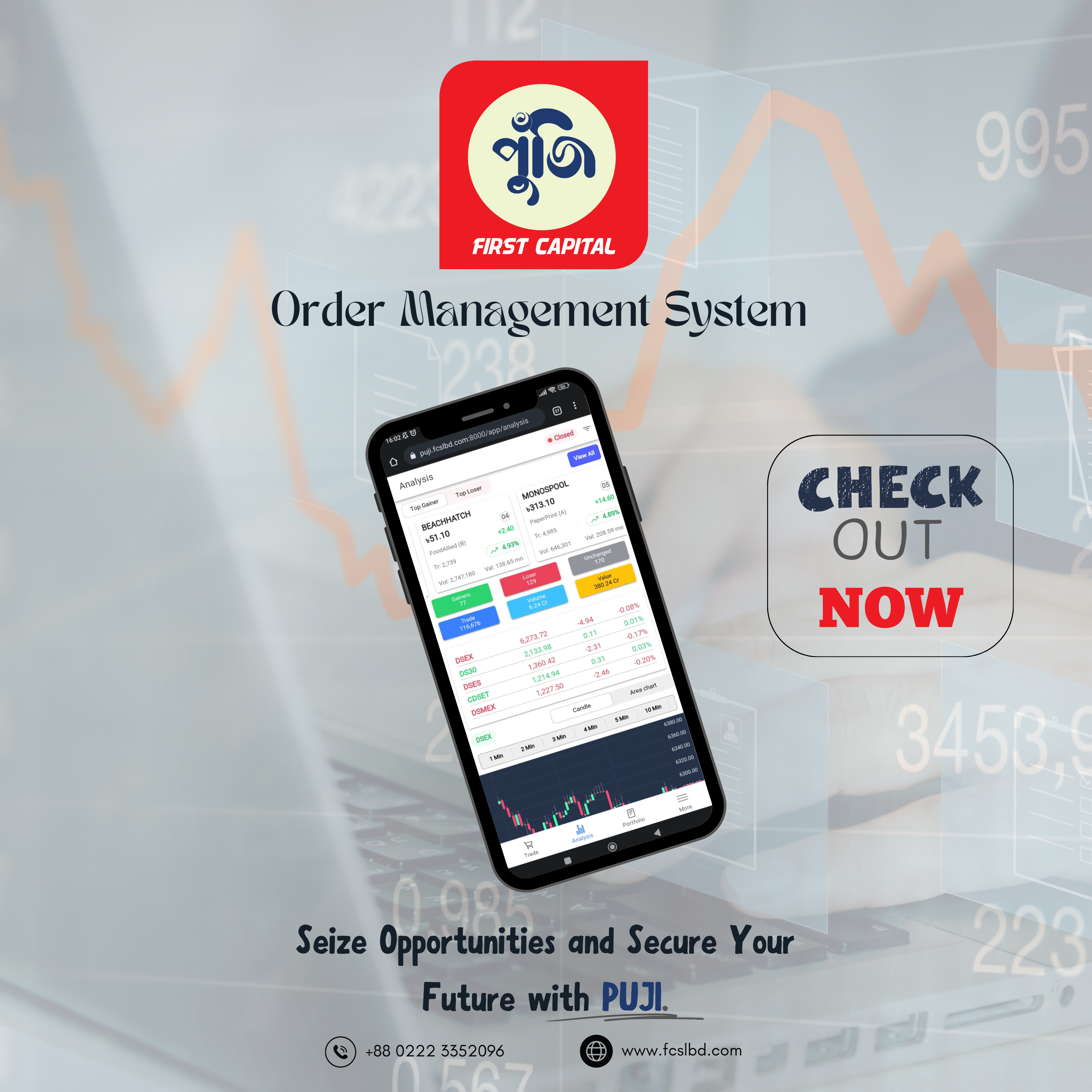Source: The Financial Express
Zaheen Spinning has recommended only 0.25 per cent cash dividend for FY23 so that it can retain its status as ‘B’ stock.
Having invested Tk 10 per share in Zaheen Spinning, a shareholder would get Tk 0.025 from the investment. The return is insignificant, but by ensuring that little pay back to investors for the first time, the company can prevent its transfer to the group of junk stocks.
It incurred losses for FY20-FY22 before making a profit of Tk 14.80 million for FY23.
With such weak business fundamentals, its label as ‘B’ category stock is solely on the basis of the disbursement of cash dividend, as per a 2020 directive issued by the securities regulator.
Any company would be downgraded to ‘Z’ category for failing to pay cash dividend for two consecutive years, according to the directive.
Before the issuance of the order, companies were labelled as ‘A’ stock if they provided 10 per cent or higher dividend – cash or stock or cash plus stock — annually, while ‘B’ stocks were those that paid less than 10 per cent dividend, again cash or stock or cash plus stock.
By looking at the benefits that ‘B’ category stocks get, it becomes clear as to why a company would avoid the junk status at an expense.
Firstly, investors are forbidden to get margin loans against investment in ‘Z’ category stocks, a deterrent to investment in such securities.
Secondly, the trading cycle of junk shares is T+3, whereas the trading cycle of ‘A’, ‘B’ and ‘N’ category stocks is T+2. Investors prefer the latter for they like to keep their money rolling.
And the third advantage is netting facility that any other stocks would get but not junk stocks. Netting facility is the scope of purchasing new stocks with the sales proceeds immediately after the sale off.
Like Zaheen Spinning, many other companies with poor business performance have retained their position in the ‘B’ group just by releasing very nominal amounts of cash dividends.
For example, Legacy Footwear and C & A Textile have recommended 0.50 per cent and 0.40 per cent cash dividend respectively for FY23.
By purchasing a share of Legacy Footwear at Tk 82.70 a shareholder will get cash dividend worth Tk 0.05 only, while a cash payment of Tk 0.04 per share has led to the upgrading of the status of C & A Textile from ‘Z’ category to ‘B’ category.
General investors without financial literacy tend to look at stock categorisation while making investment decisions, said Md. Ashequr Rahman, managing director of Midway Securities.
So, companies like to give a false impression about their performance.
A company’s fundamentals and accounting standards may be weak even if it belongs to ‘A’ or ‘B’ category, given the conditions set by the Bangladesh Securities and Exchange Commission (BSEC).
A comparison between Robi Axiata and Zaheen Spinning will help understand wide disparities that the existing system has allowed.
A multinational company, Robi is also in ‘B’ category and it recommended 7 per cent cash dividend for FY23.
The accounting standards that the second largest mobile operator adheres to are globally accepted, whereas the auditor of Zaheen Spinning pointed out mismatches in its financial statements.
In a qualified opinion the auditor said the company had purchased machinery not following any standard procedure, while it failed to provide sufficient evidence to help the auditor give an opinion.
Rahman said the best way to determine a company’s status was by weighing business performance from earnings disclosures.
Zaheen Spinning has returned to profit after counting losses for three years in a row.
“It’s not wise to distribute [cash] dividend from retained earnings or from the profit made after losses [for several years],” Mr Rahman said, putting the company’s future growth at stake.
In many other countries there is no listing category and even a good company does not give dividend, he added.
Why cash dividend mandatory
The securities regulator made cash dividend mandatory for listed companies to discourage frequent issuance of stock dividends.
Previously, the sponsor-directors of many listed companies issued stock dividends in hefty amounts and then reduced their stakes by offloading their holdings.
Many of those released stock dividends from retained earnings.
For example, Familytex (BD) issued 100 per cent stock dividend just after its listing. It continued to issue bonus shares for four more years.
Presently, the stake of the sponsor-directors came down to only 4.02 per cent, leaving general investors with assets that have lost value.
Now the stock dividend is approved by the regulator only for a company’s expansion.
Changing rules for categorisation
Spokesperson of the securities regulator Mohammad Rezaul Karim said the regulator had so far received no complaint over the existing listing category.
He said the BSEC would work to change the criteria for stock categorisation upon scrutiny if the stock exchanges and other stakeholders, such as the Bangladesh Association of Publicly Listed Companies, put forward opinions and proposals.
The other companies that have recommended nominal amounts of cash dividends include Golden Son, Information Services Network, Pacific Denims, Silva Pharmaceuticals, and Generation Next Fashions.
Each of these companies has recommended 1 per cent cash dividend for FY23.
Quasem Industries and Fine Foods have recommended cash payments at a rate of 1.5 per cent and 1.25 per cent respectively.
The companies that will give 2 per cent cash dividend for FY23 are Hakkani Pulp & Paper Mills, Lub-rref (Bangladesh), VFS Thread Dyeing, Mozaffar Hossain Spinning Mills, BD Autocars, Advent Pharma, and GBB Power.
mufazzal.fe@gmail.com




